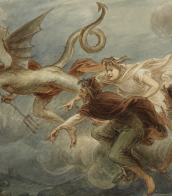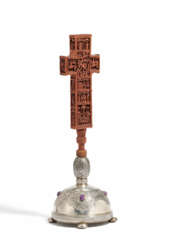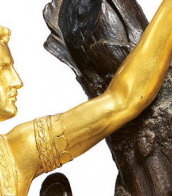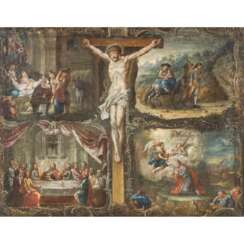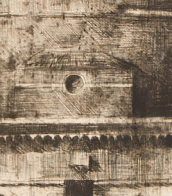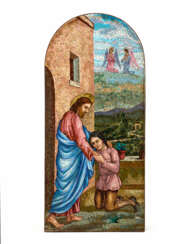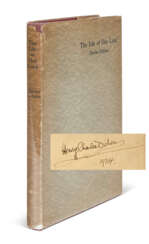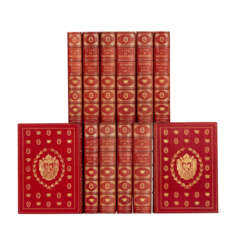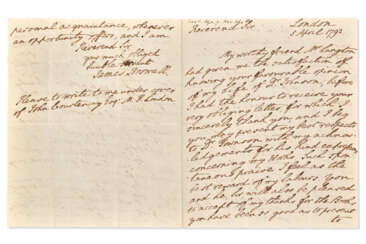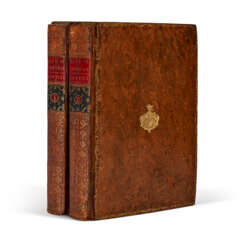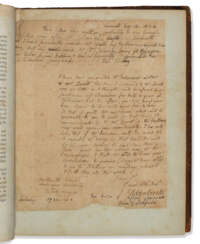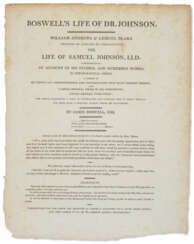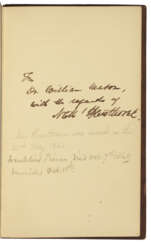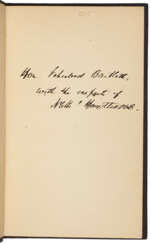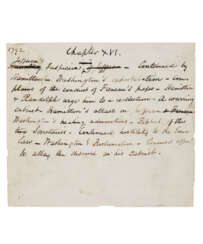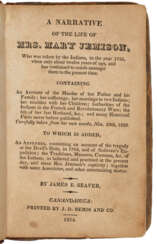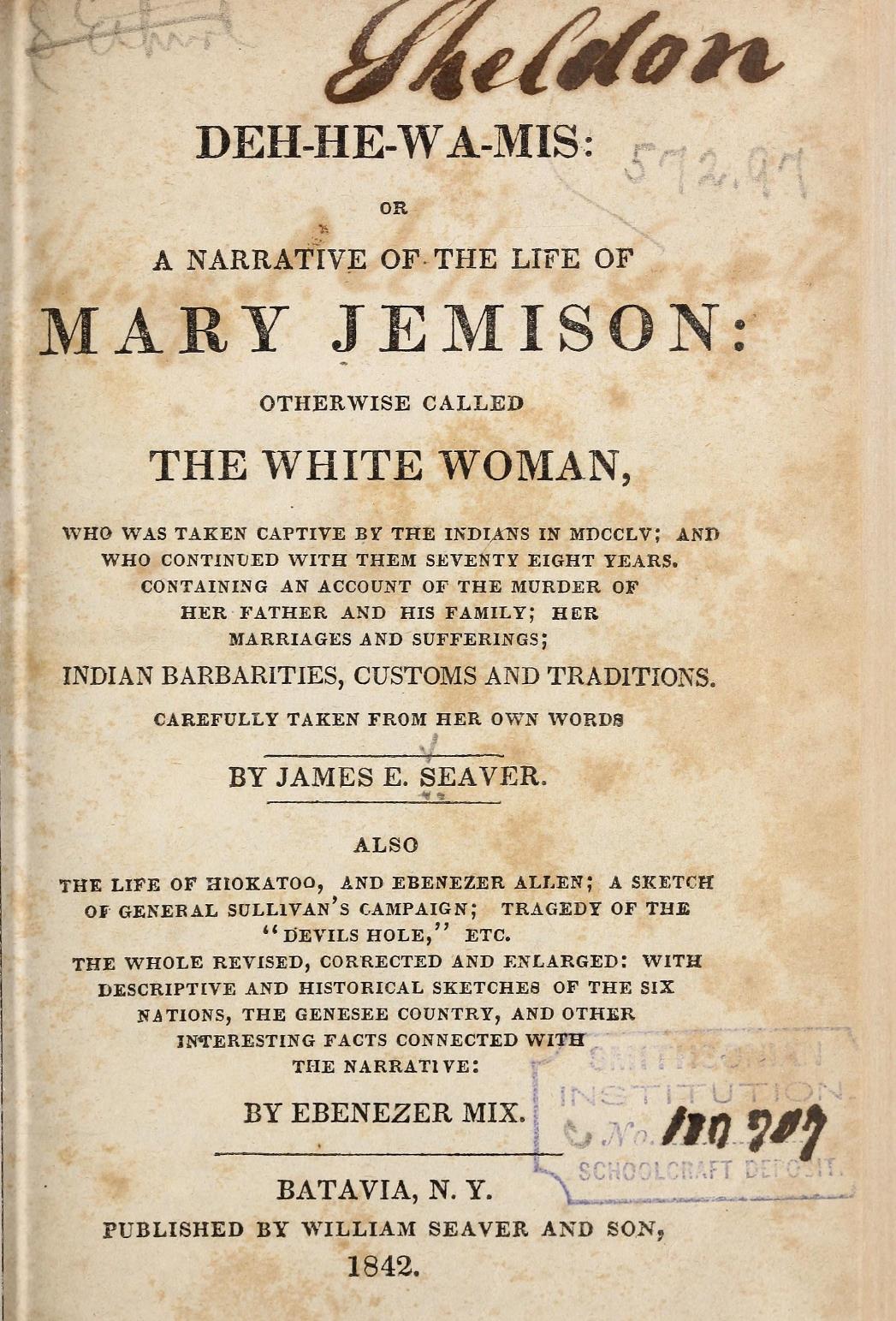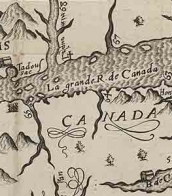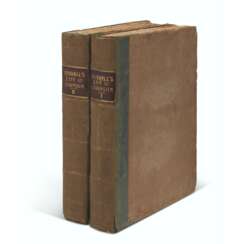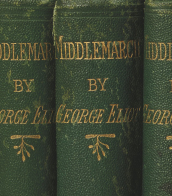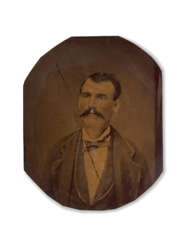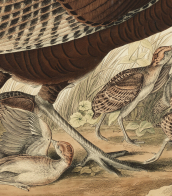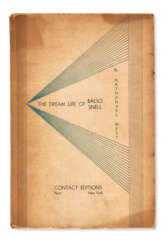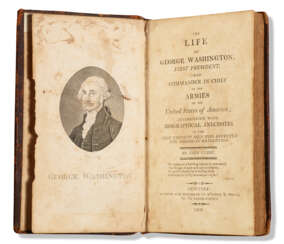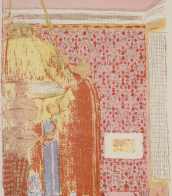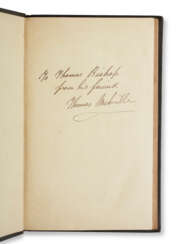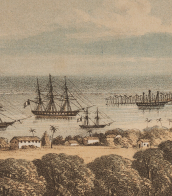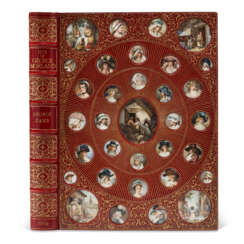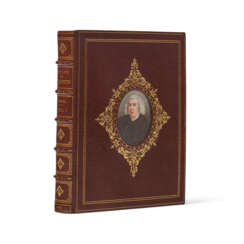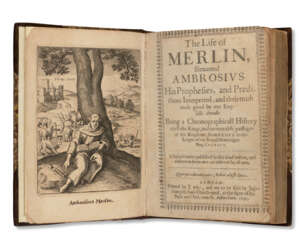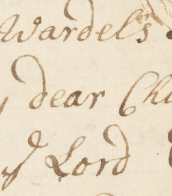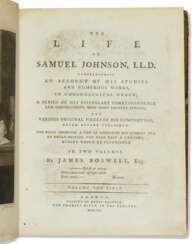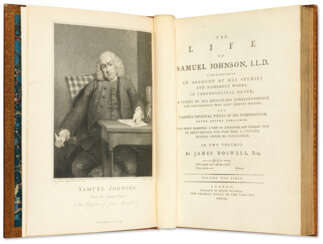life of christ


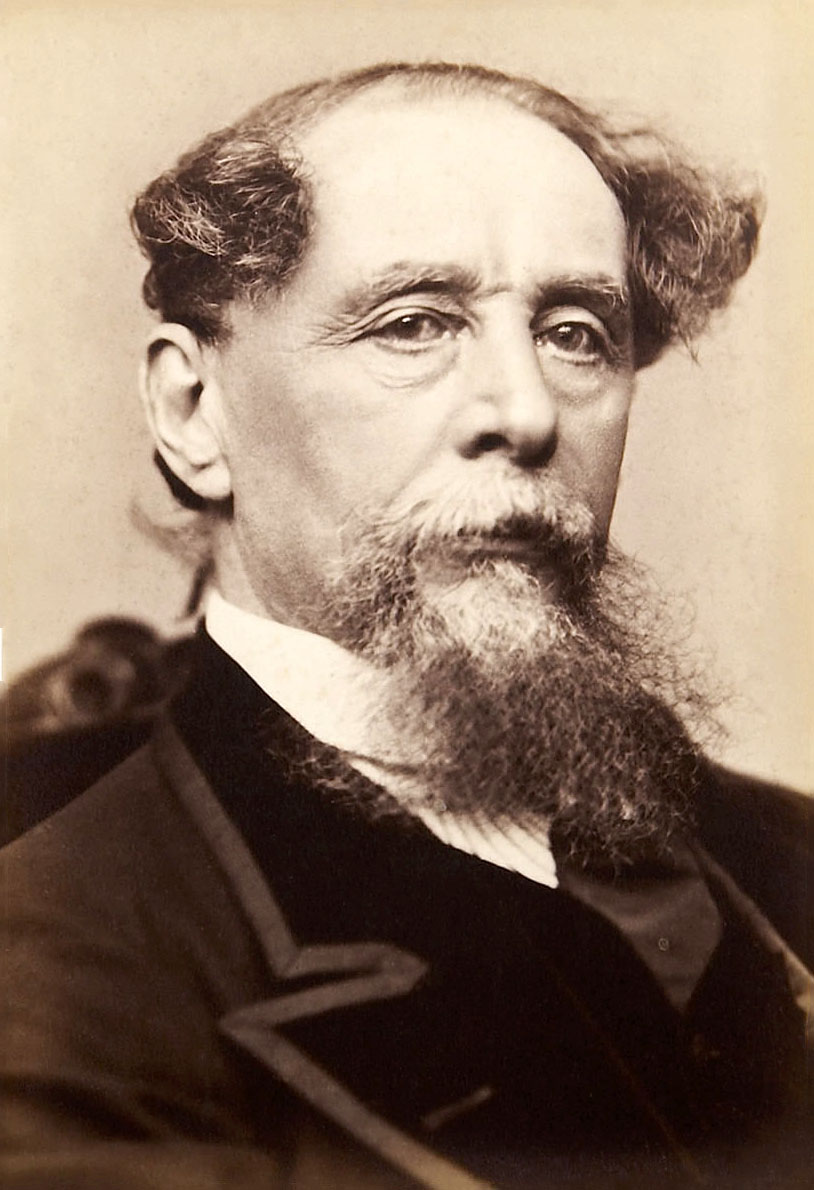
Charles Dickens, full name Charles John Huffam Dickens, is the most famous British writer of the Victorian era, a classic of world literature.
From childhood the future writer learned all the hardships of life in poverty: his father in prison for debts, hard work in a factory. Then service stenographer in court and reporter developed in him a strong attachment to journalism and contempt for both the law and parliament.
Dickens had many talents: in addition to literary work, he was an actor, published periodicals, arranged numerous literary readings, where he reveled in the admiration and love of the public. Fecund and versatile, Charles Dickens wrote many brilliant and often comic works. His novels cover a wide range of social, moral, emotional and other aspects. As a subtle psychologist, he is also very interested in the most ordinary people, but also the eccentric, the flawed, and even the insane.
Dickens was immensely popular around the world during his lifetime. His intellect, worldview, and deep reflections on society and its faults enriched his novels and made him one of the great figures of nineteenth-century literature, an influential spokesman for the conscience of his time.
Dickens' best-known and most popular novels are The Pickwick Club Posthumous Notes, Oliver Twist, Nicholas Nickleby, David Copperfield, Cold House, A Tale of Two Cities, Our Mutual Friend, Great Expectations, and The Mystery of Edwin Drood.

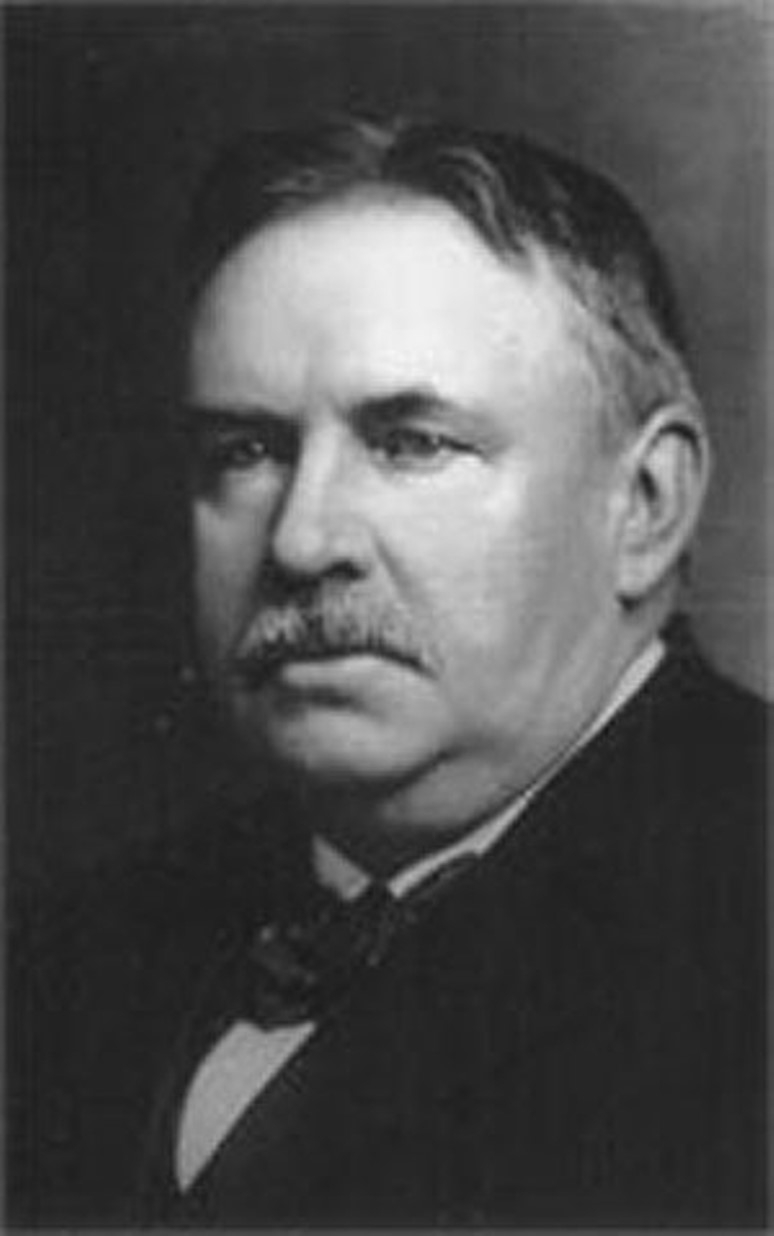
William Milligan Sloane is an American educator and historian.
Sloane graduated from Columbia College, then taught history and chaired departments at Princeton and Columbia. He subsequently earned a doctorate from the University of Leipzig. William Sloane wrote several books on European history. The best known of these was Napoleon Bonaparte (4 vols., 1895-97), a monumental work of biographical and historical literature.
He later served as president of the American Academy of Arts and Letters (1920-28), the American Historical Association, and the National Institute of Arts and Letters. Sloane was also an officer of the French Legion of Honor and a Commander of the Order of the Polaris of Sweden. William Sloane was also a founding member of the IOC and served on its board from 1894 to 1924.

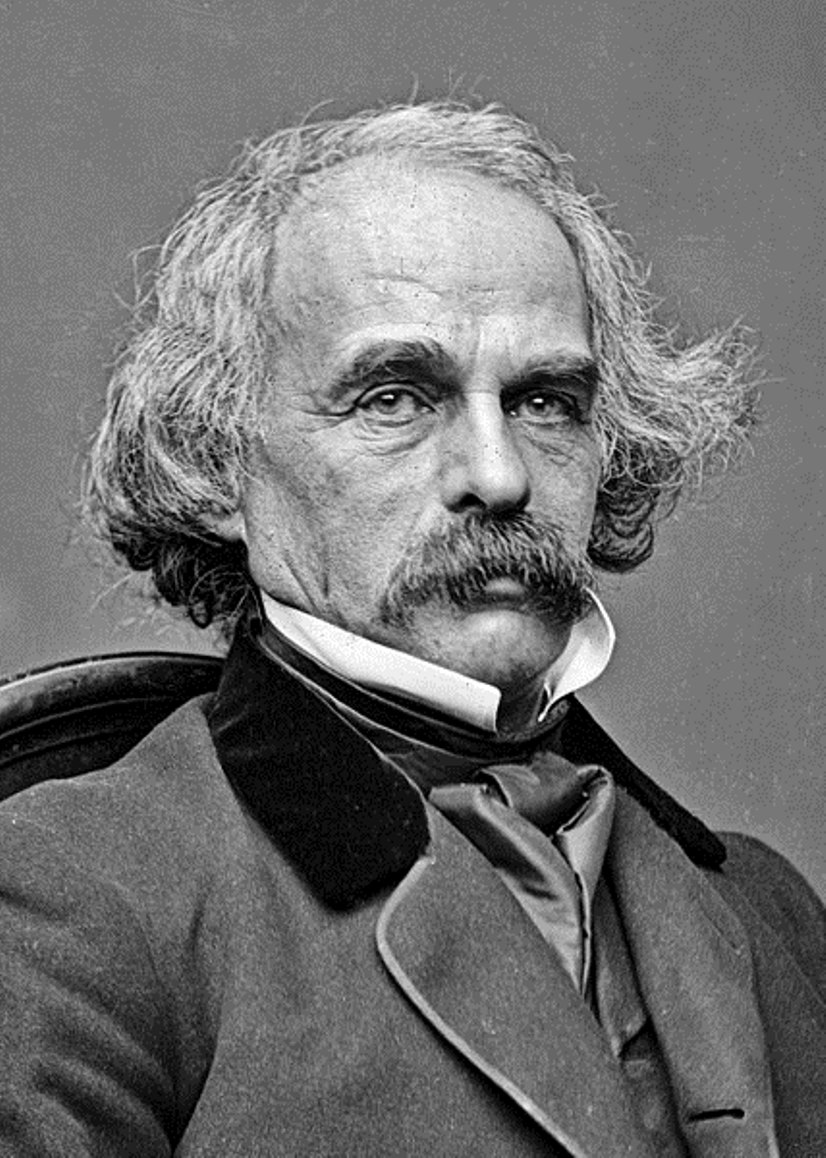
Nathaniel Hawthorne is an American writer and author.
Hawthorne is a recognized short story writer and a master of allegorical and symbolic narrative. One of the first fiction writers in American literature, he is best known for his works The Scarlet Letter (1850) and The House of Seven Gables (1851). Hawthorne's artistic works are considered part of the American Romantic movement and, in particular, of so-called dark Romanticism, a popular mid-19th-century fascination with the irrational, the demonic, and the grotesque.
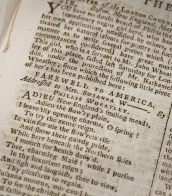

Nathaniel Hawthorne is an American writer and author.
Hawthorne is a recognized short story writer and a master of allegorical and symbolic narrative. One of the first fiction writers in American literature, he is best known for his works The Scarlet Letter (1850) and The House of Seven Gables (1851). Hawthorne's artistic works are considered part of the American Romantic movement and, in particular, of so-called dark Romanticism, a popular mid-19th-century fascination with the irrational, the demonic, and the grotesque.

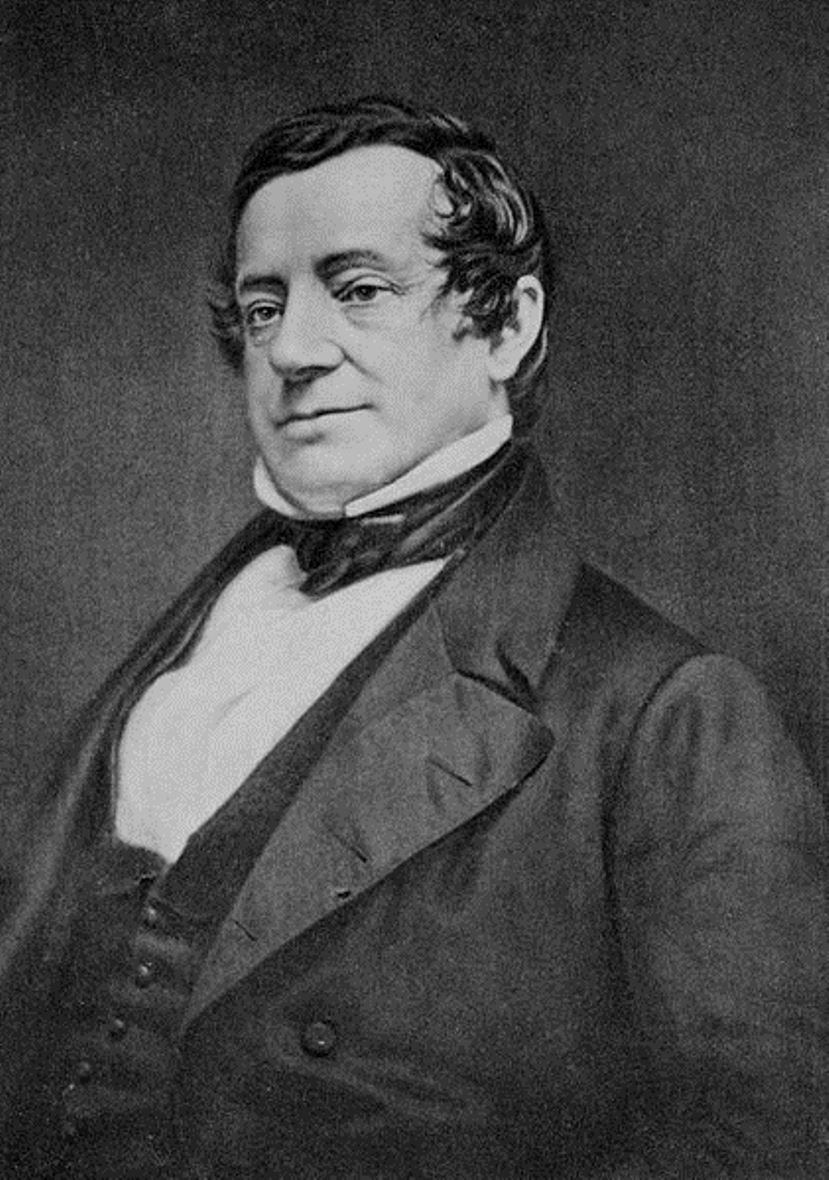
Washington Irving was an American Romantic writer, historian, and diplomat.
Irving has been called "the first American writer" to be recognized in Europe. In 1815, he traveled to England on family business. A huge success in England and the United States was The Sketch Book, published in several installments during 1819-1820, which contained two of the author's most famous works, Rip Van Winkle and The Legend of Sleepy Hollow, and which made him a literary star in both England and the United States.
He continued his literary endeavors and worked at the U.S. Embassy of Great Britain. Returning to the United States in 1832, Irving visited some little-known territories near the western fringes of the country, and this journey inspired his works Journey on the Prairie (1835), Astoria (1836), and The Adventures of Captain Bonneville (1837). Late in life he published several historical and biographical works, including the five-volume Life of George Washington (1855-1859).

